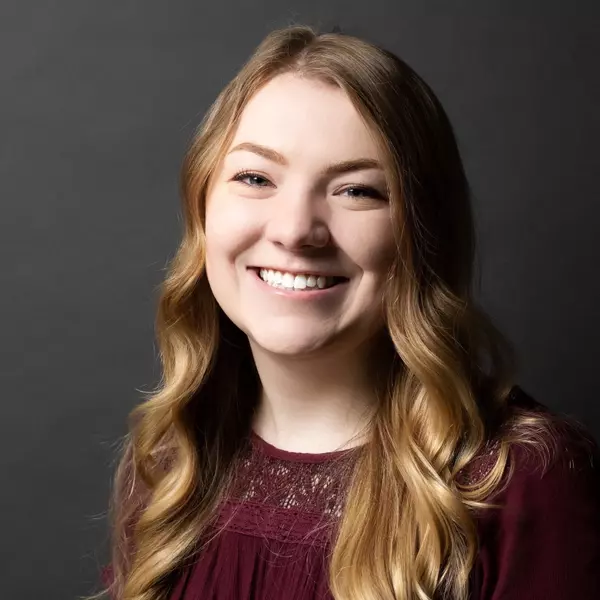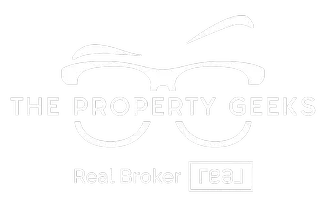Seller Rate Buy Down: Clever Financing to Save You Money
While it might seem that you can only hope to snag a lower interest rate, but in reality, there are a few options you may have to ensure a lower monthly payment. One of which being, paying for mortgage points; paying more up front on top of closing costs and down payment.
What is a "Mortgage Point"?
Mortgage Points are the fees a borrower pays a mortgage lender in order to trim the interest rate on the loan. This is sometimes called "buying down the rate". Each point costs the borrower 1% of the loan amount. So, for example:
Home Sales Price: $280,000
Down Payment: 20% ($56,000)
Loan Value: $224,000
Cost of 1 Point: $2,240
Now you're probably asking yourself, "well how much does that extra $2,240 at closing help me?" Let me tell you.
Each Point you purchase, typically can buy down your rate by .25%. So, if you were originally given an interest rate of 5% and you buy one point, your new, locked interest rate is 4.75%. Borrowers can purchase more than one point, and even fractions of a point to buy down as much of their rate as they want.
Speaking from professional experience, last year I watched a borrower buy down their interest rate to 1.125%.... Crazy, I know.
What is the Strategy of a "Seller Buy Down" Rate?
Now, here's the strategy you probably came here for...
The seller buy down strategy takes the simple idea of buying points, but puts the cost on the seller rather than the buyer (or the borrower). Usually, this strategy works best in a buyer's market, but it doesn't mean it's not possible in a seller's market.
There is no question that the housing market is ever-changing. There is still a shortage of homes and a plethora of buyers hoping to pull the trigger on a new home. List prices have stayed about the same, but with interest rates on the rise, some buyers have been priced out of the homes they've been looking into.
Rather than "low-balling" the sales price to get a better monthly payment with your higher interest rate, why not try offering ask price and asking for the seller to buy down your rate with the difference? Of course, you should consult your mortgage professional prior to making the offer to make sure the numbers work, but it's worth a shot! Below is an example of what I'm referring to and how it COULD change your monthly payment:
TRADITIONAL:
Ask Price: $280,000
Offer Price: $263,200 (-$16,800 less than ask price)
Down Payment: 20% ($52,640)
Loan Value (30 yr): $210,560
Points Purchased: 0
Interest Rate: 5%
Estimated Monthly Payment: $1,413.66
SELLER BUY DOWN:
Ask Price: $280,000
Offer Price: $280,000
Down Payment: 20% ($56,000)
Loan Value (30 yr): $224,000
Points Purchased: 7.5 ($16,800)
Interest Rate: 3.125%
Estimated Monthly Payment: $1,242.89
*Both examples are based off of $2400/year for property taxes and $1000/year for insurance.
Stipulations
In the above scenario, the seller would net pretty much the exact same amount, but as a buyer, you would be saving roughly $170/month on your monthly mortgage payment. You must be thinking, "there is a catch". And technically, you're right.
There are a few stipulations in order to make this scenario work:
- The home MUST appraise for at least the offered sales price. If not, the whole deal could die OR the seller would drop the sales price to the appraised value, and then they most likely will not contribute anything additional to the deal.
- The seller can only contribute a certain amount of seller concessions. Now this depends on the type of loan you are getting, how much you're putting down, and Fannie Mae & Freddie Mac, HUD, etc. guidelines.
- Since the "Seller Buy Down" would be considered Seller Concessions, there are limits to how much they can contribute to help support a more stable housing market. In the above scenario, with 20% down the seller can technically pay up to 6% of the sales price in Seller Concessions. This being said, you would still need to pay the downpayment and all closing costs.
- The seller also cannot contribute MORE money than what your closing costs equal. So, for example, if your closing costs are only 5%, the seller would only be able to contribute up to 5% of the sales price (in this scenario with 20% down).
I am not a mortgage professional and this scenario may not work for every buyer. It's super important to consult your mortgage professional prior to looking at home and especially attempting a scenario like this one.
Understanding both the real estate market as well as how to invest in it can create such a lasting impact on you financially. Knowing the options you may have with different types of financing and negotiating AND having a strong team behind you (Lender and Agent), you may be able to swing a better deal for yourself long term.
Categories
Recent Posts
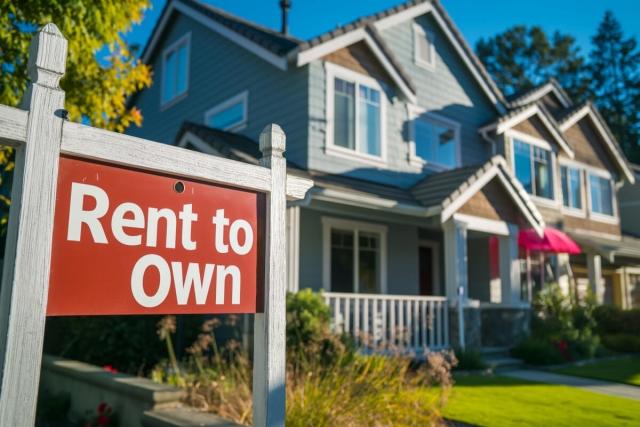

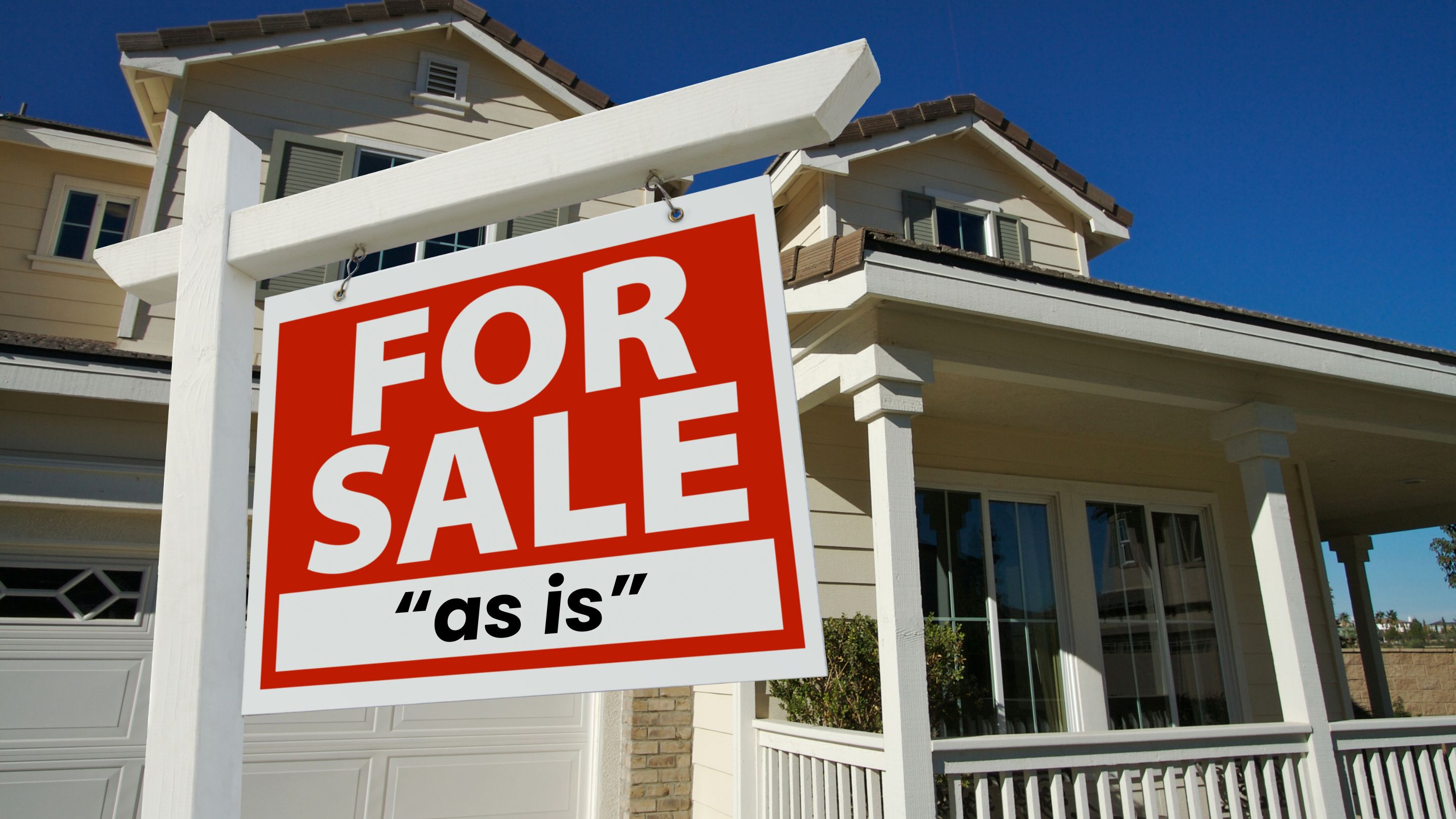
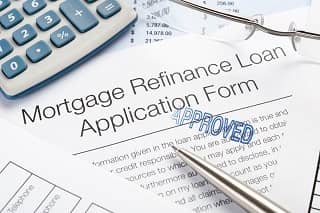


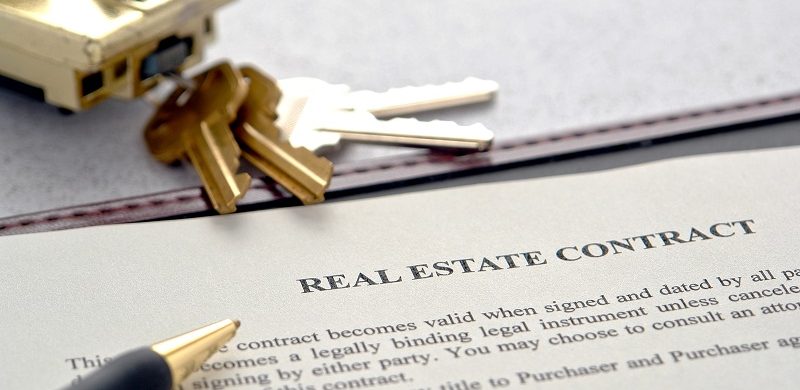

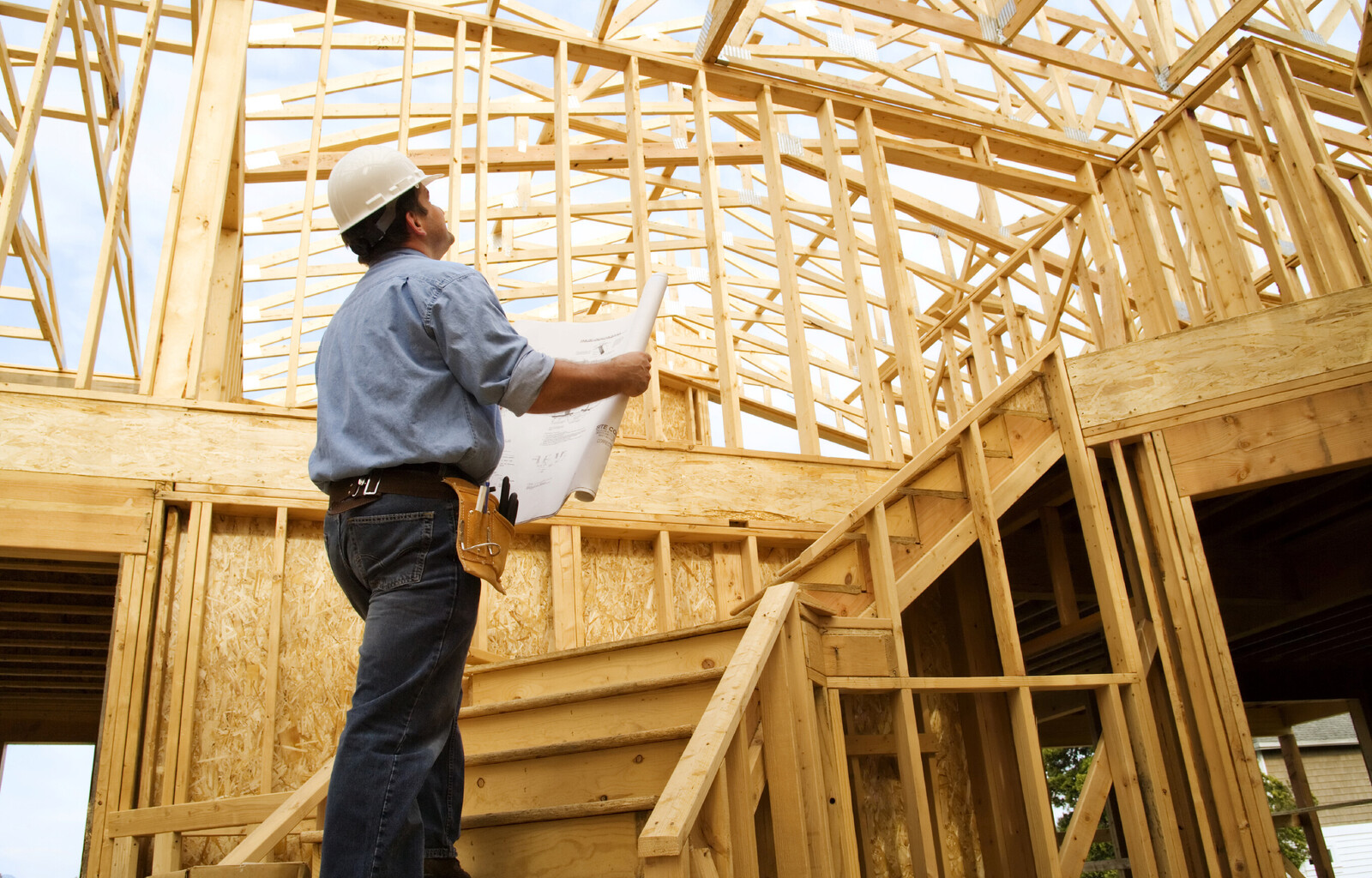

GET MORE INFORMATION
